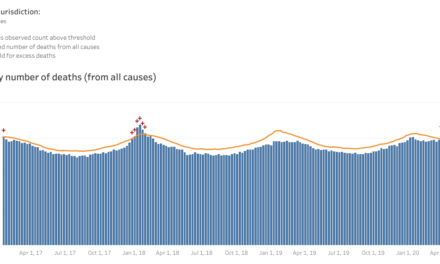
Small moves stabilise fiscal ground
The much-anticipated 2017 budget has come and gone but it turned out to be more of a non-event than anything else.
The new estimates presented to us earlier this week only confirm that fiscal space is extremely limited and were it not for the so-called frontloaded cuts in the Mid-term Budget Review, fiscal space would have been non-existent.
By now it must have dawned on every person with an interest in the budget that it was basically set on 27 October last year. From then until 08 March 2017 nothing eventful has happened other than the government’s own admission that the civil service is far too big.
For any proper understanding of current economic conditions, one must go back, not to the budget revisions but to the original budget tabled at the end of February last year. It is only once the new budget is compared to the first 2016 budget that it slowly emerges what damage the economy suffered last year.
I would estimate that about one quarter, 25% of our initial 2016 expectations has evaporated. This is confirmed by cross checking many of the income categories as well as the expenses side.
Nevertheless, I regard the budget as responsible given the shocks to the system during last year.
My first impression is that it is a very static budget. About the only thing that will make a difference is the 5 billion or so more we expect from the Southern African Customs Union revenue pool. This obviously highlights a fairly substantial risk in the sense that if anything happens to regional trade with the rest of the world, and the revenue pool is impeded again, our N$ 5 billion windfall may be gone.
It must be remembered that our contribution to the SACU revenue pool is modest, far less than the cut we receive according to the agreed revenue sharing formula. What this means in real life is that our limited international trade has very little to do with the overall performance of the Customs Union. This translates to a certain reality. The player that makes or breaks the SACU revenue pool is South Africa and as long as we are exposed to all their political comedies, we have to accept the fact that our anticipated income from SACU poses a certain indeterminable risk. So much for trying to balance our own budget, or at least make it look not so bad.
From the new budget I can clearly see that a sense of economic reality has at last returned to those who make the policy decisions. Last year we still dreamed of a GDP exceeding 254 billion next year, but this has fortunately been downtoned to a more realistic 184 billion. Still, the difference is staggering and not even the newly projected GDP for 2019 of 199 billion comes close. It is amazing what powerful dreams we still harboured only twelve months ago.
There is not much to say about the budget. This one is only a continuation of the revised one late in 2016. It is as if the budget had to find a fresh datum which was already accomplished with the revised 2016 budget. Now it is only a matter of building on the new foundation.
For the next two years, budget-wise nothing will be extravagant. I hope the painful cuts are behind us, which they probably are, but that only implies that we must not expect fireworks for 2017 and 2018.
Of course, the most positive aspect of such a conservative budget is that real economic performance will most probably outperform the very conservative view we now hold.
2016 was a powerful wake-up call to all Namibians. The power of the government is not unlimited as so many young, inexperienced mavericks wanted to believe. Furthermore, the capital market is not the widow’s pitcher that never gets empty. Perhaps the most important thing we learned is that the funds that are relayed through the capital market, are still someone else’s. They do not belong to us, they are only placed under our stewardship so that we can use them to grow ourselves, but ultimately, they must be paid back, because another person, perhaps your father or your mother, must retire on the income generated by our government’s debt.
So, for now, support the finance minister. I suspect he holds a hot seat and there are many people in government who would want him to be less conservative, even reckless.
For the economy this year, it will be on the same level as last year. That much is clearly reflected by the figures in the budget. The big difference is that the enormous hang-over of 2015 will not haunt the government so much.
In a sense, one can say that both income and expenses have normalised and that this so-called new normal is more in line with reality.
The civil service is still too big and it will remain so for a number of years despite the minister’s feeble attempt to say it will be allowed to reduce through “natural attrition”. I doubt that very much but I also believe it will not grow substantially.
The lessons that came with the responsibility of paying so many salaries and wages every month, were painful. I see this in the figures. They tell a lot if you know where to look.










































